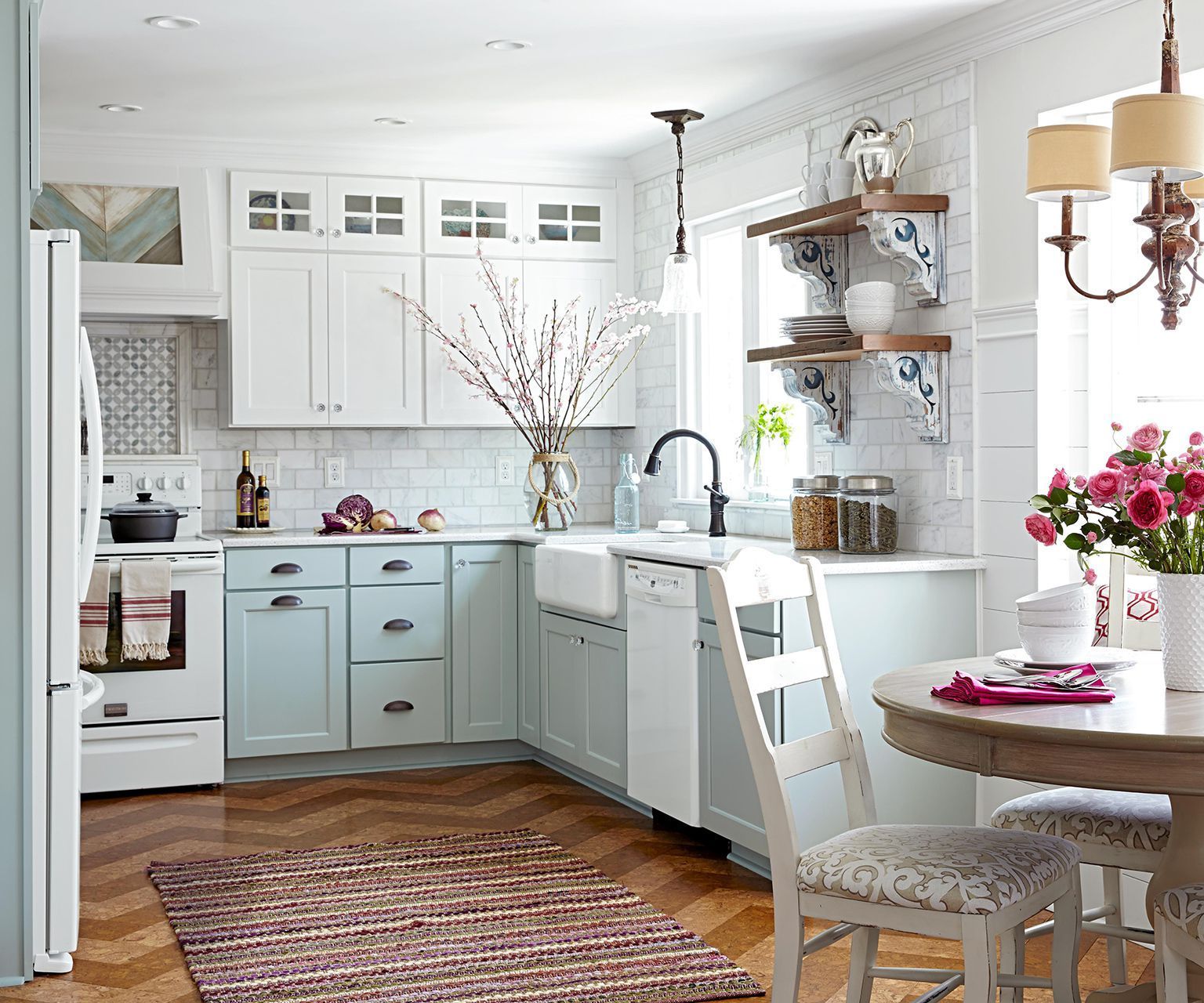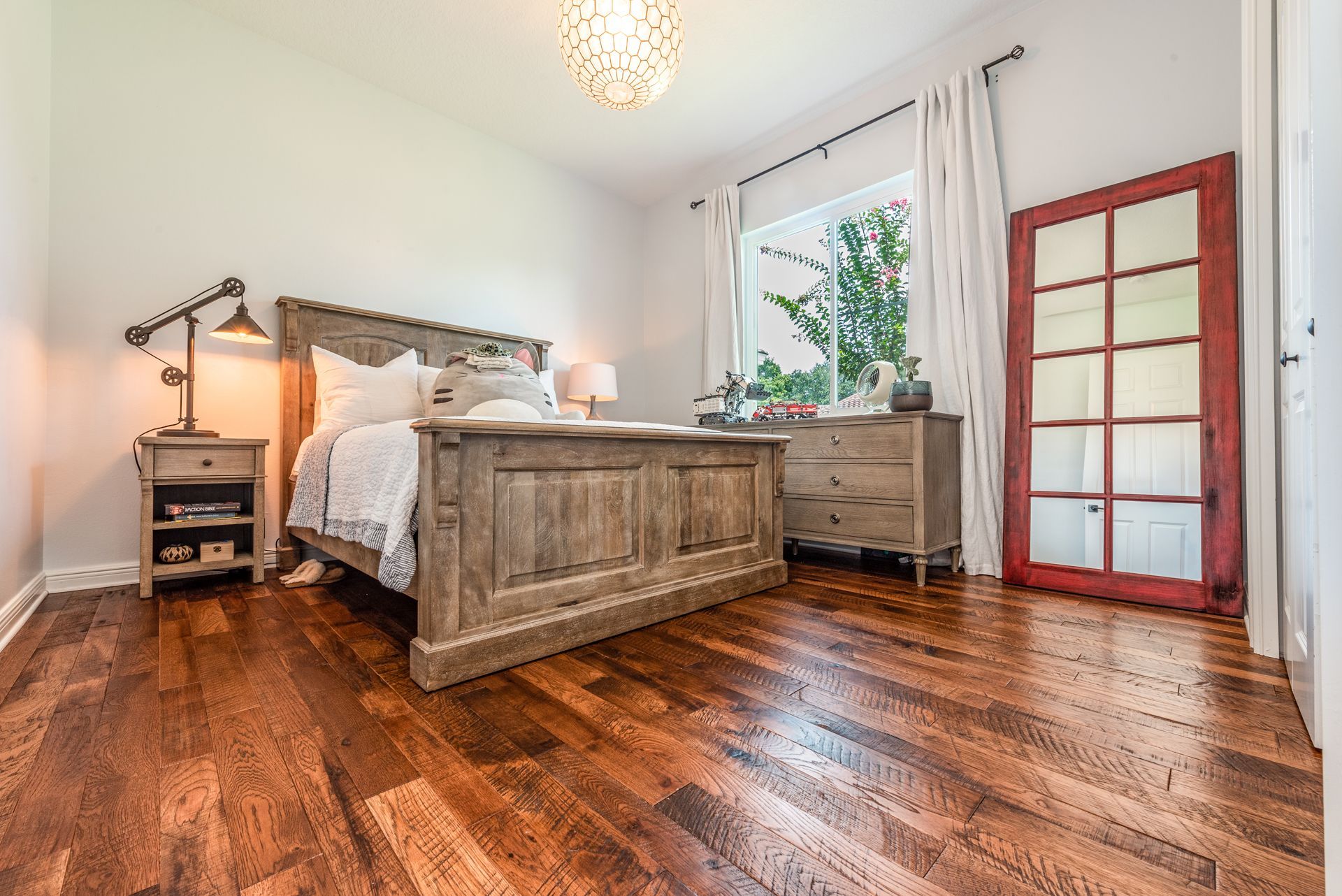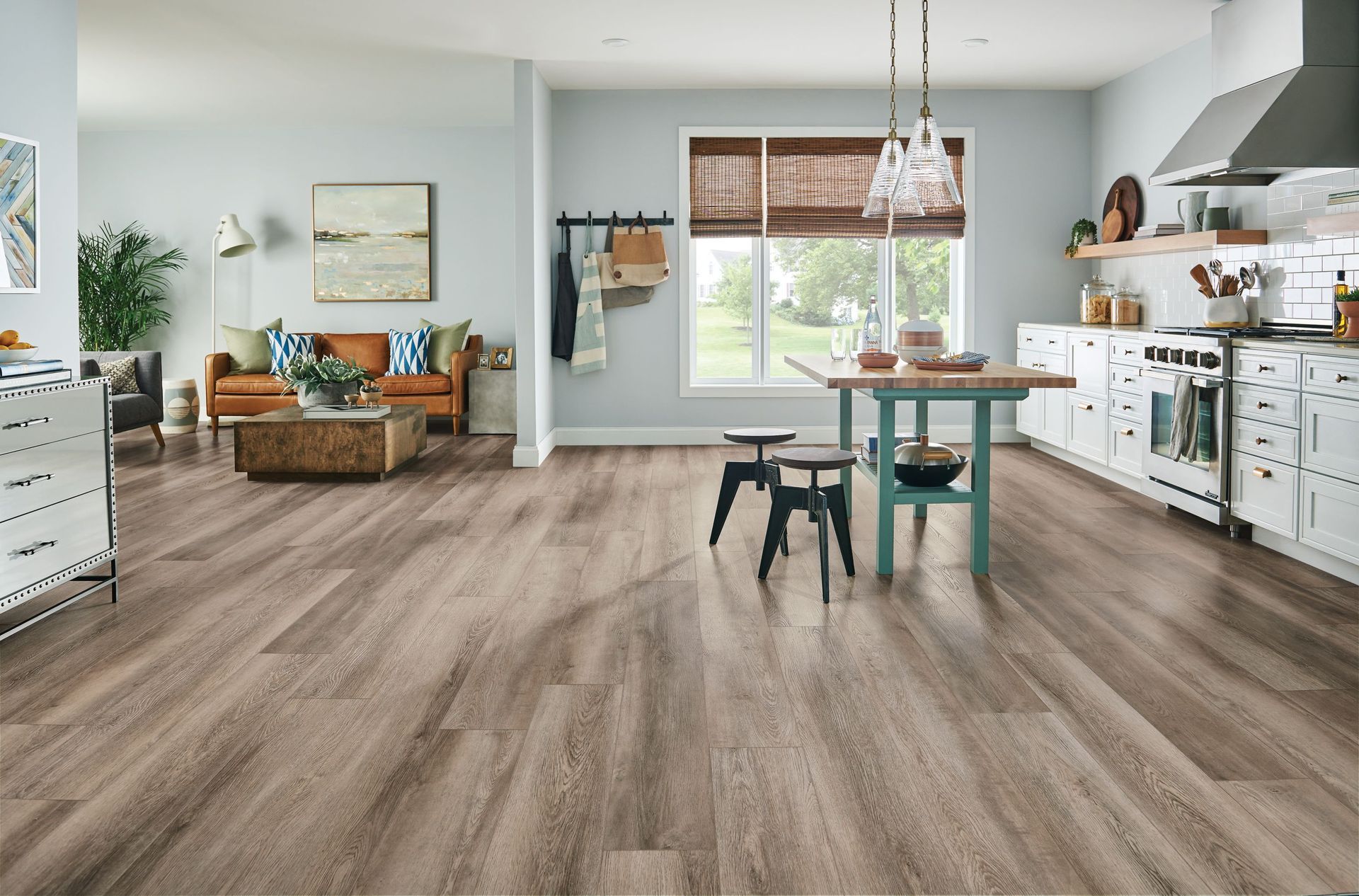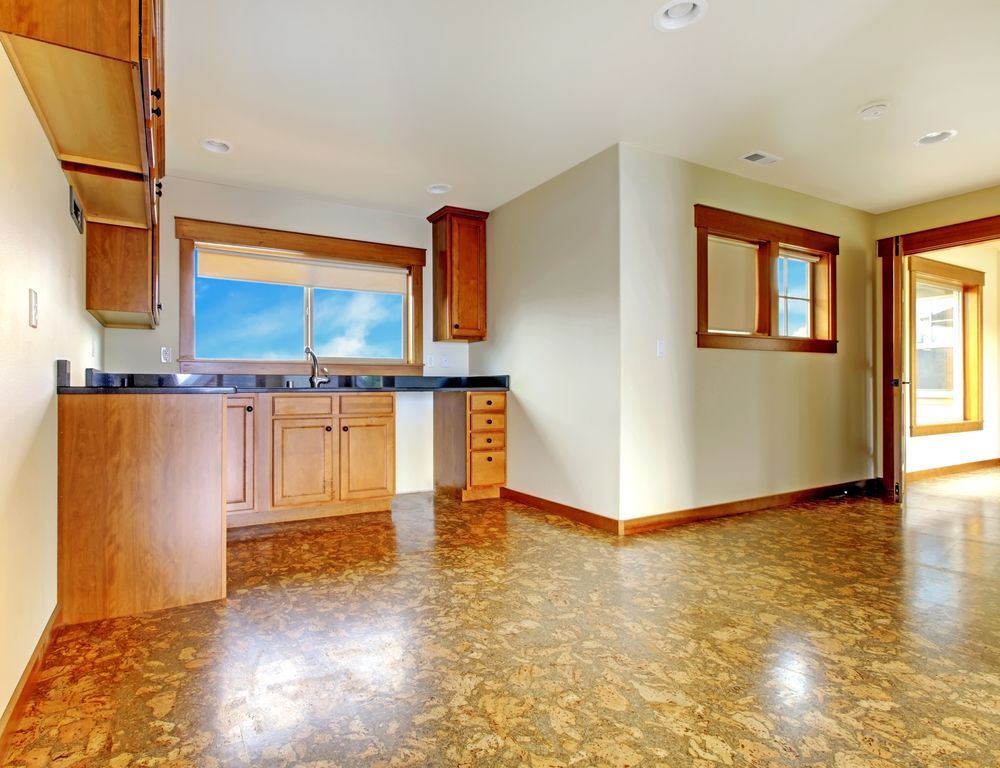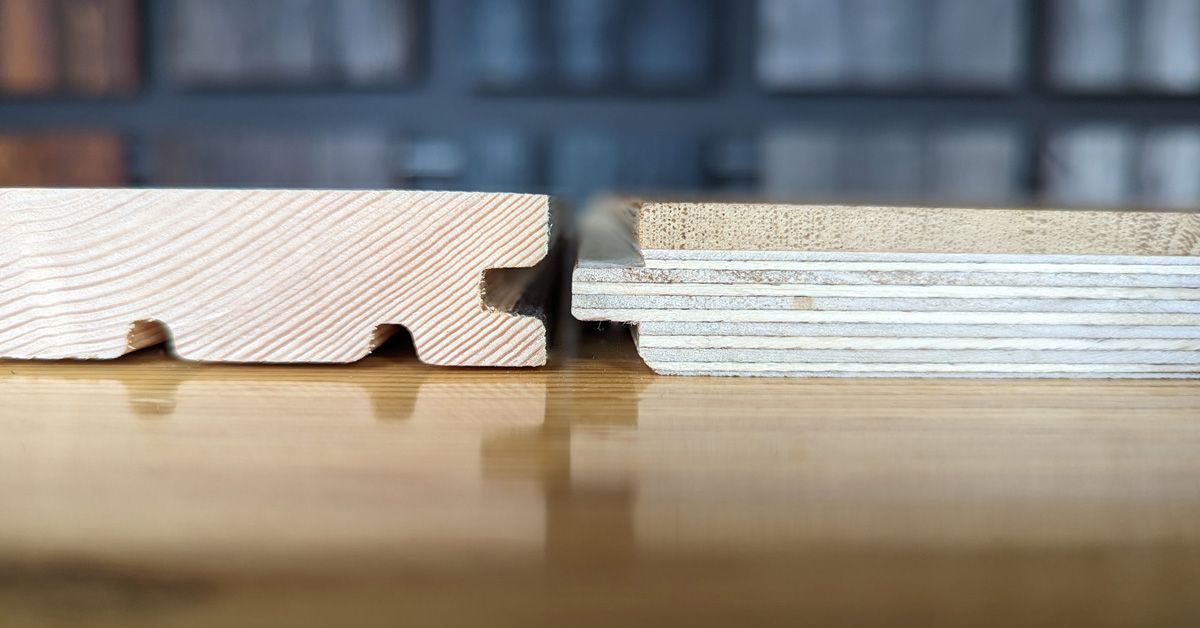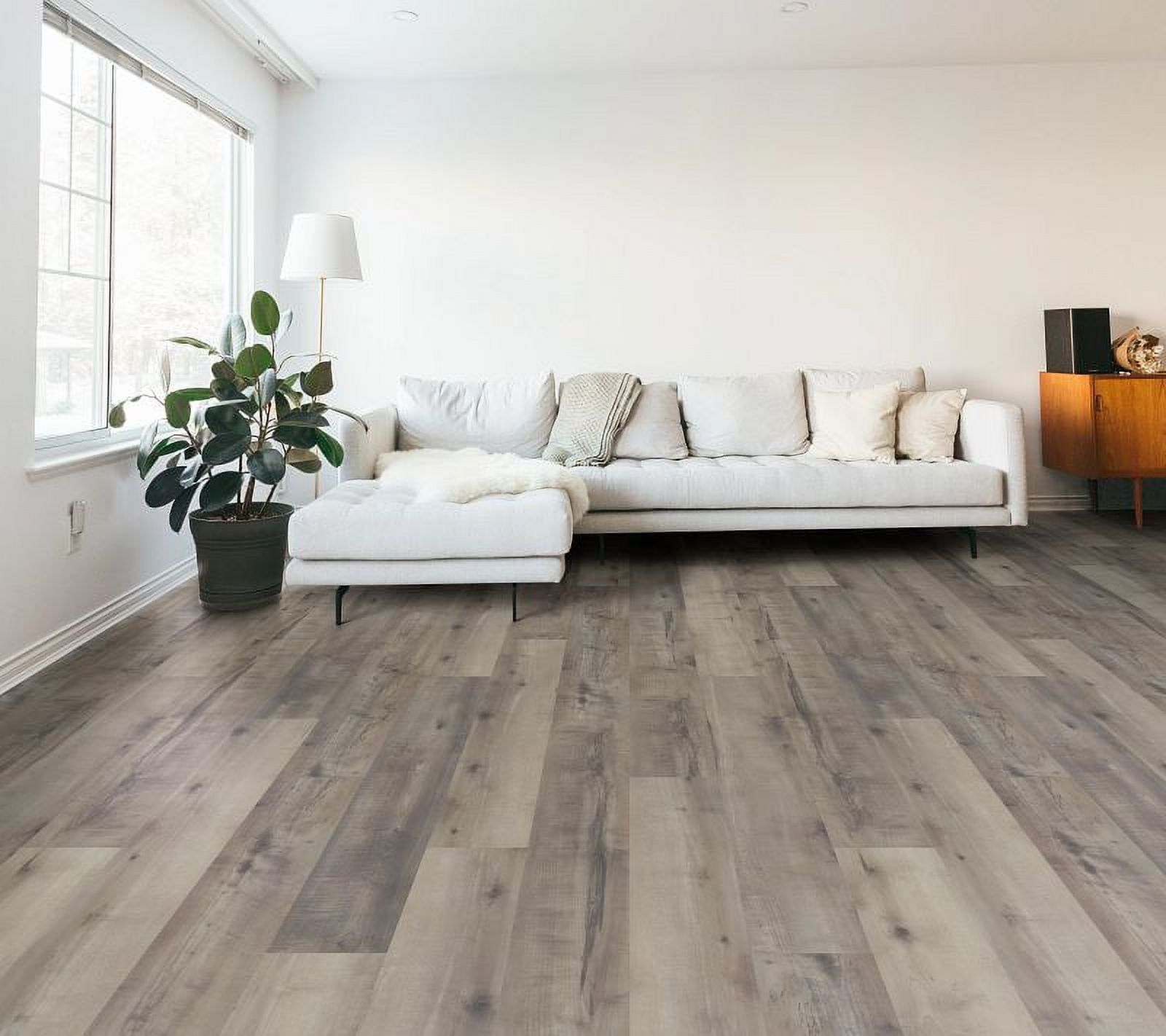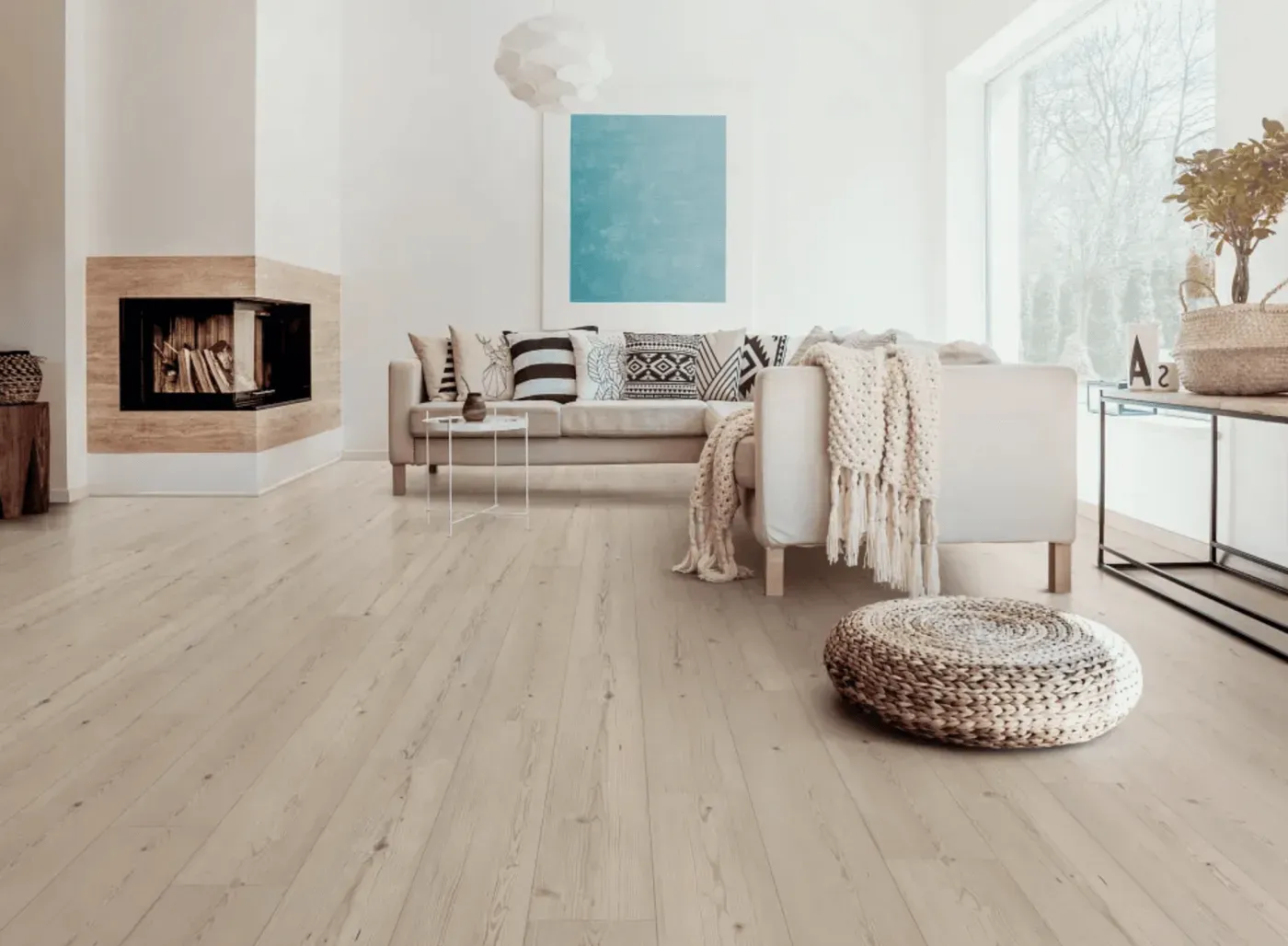Stone Flooring in Nashville: Marble, Granite, & Travertine - Elevating Home Elegance
Nashville is known for its music, but it's also becoming a hub for beautiful stone flooring. You'll find many options for your home or business, including marble, granite, and travertine. These natural stones can add elegance and value to any space.
Marble is a classic choice that's been used for centuries. It comes in many colors and patterns, from pure white to deep black with veining. Marble floors can last for decades with proper care and can increase your property's resale value. You can find a wide selection of marble at stone suppliers in Nashville.
Granite is another popular option for its durability and unique look. It's harder than marble and resists scratches and stains better. Travertine offers a more rustic feel with its natural pits and holes. Both granite and travertine come in various colors to match your decor. You can explore these options at local showrooms to see which stone best fits your style and needs.
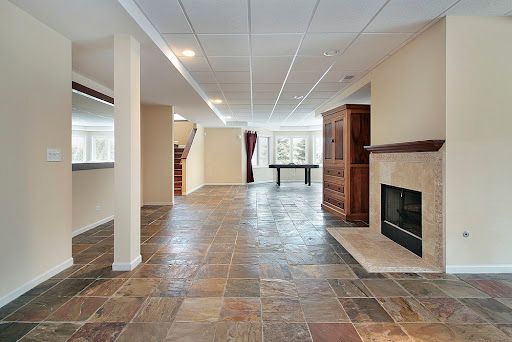
Benefits of Stone Flooring
Stone flooring offers many advantages for Nashville homeowners. You'll enjoy lasting beauty, strength, and value when you choose natural stone tiles for your home.
Durability and Longevity
Stone floors can last for decades with proper care. Natural stone is highly resistant to wear and tear, making it ideal for high-traffic areas. Marble, granite, and travertine are dense and sturdy materials that can withstand heavy foot traffic.
You won't need to replace stone floors often. With regular maintenance, they can retain their beauty for many years. This makes stone a cost-effective choice in the long run.
Stone floors are also resistant to scratches and chips. If damage does occur, you can often repair or refinish the tiles instead of replacing them entirely.
Natural Aesthetics
Each piece of stone has unique patterns and colors. This gives your floors a one-of-a-kind look that can't be replicated by artificial materials. Marble features elegant veining, while granite has a speckled appearance.
Stone floors add timeless beauty to any room. They create a luxurious, high-end look that never goes out of style. You can choose from a wide range of colors and textures to match your home's decor.
Natural stone also brings the outdoors inside. It creates a connection with nature that can make your space feel more calm and inviting.
Increase in Property Value
Installing stone flooring can boost your home's resale value. Many buyers see natural stone as a desirable feature. They appreciate its durability and classic beauty.
Stone floors are often viewed as a premium upgrade. This can help your home stand out in the real estate market. You may be able to list your property at a higher price point.
Even if you're not planning to sell, stone floors are a smart investment. They add long-term value to your home that you can enjoy for years to come. The timeless appeal of natural stone ensures it will remain attractive to future buyers.
Types of Stone Flooring Available in Nashville
Nashville homeowners have several beautiful stone flooring options. Marble, granite, and travertine each offer unique looks and qualities for your home. These natural stones bring elegance and durability to any space.
Marble Characteristics
Marble floors give your Nashville home a luxurious, classic look. This stone comes in many colors and patterns. You'll find elegant veining and a luminous appearance with marble.
Key features of marble flooring:
- Cool to the touch
- Polishes to a high shine
- Susceptible to etching from acids
- Requires regular sealing
Marble works well in formal areas like entryways and dining rooms. It needs careful maintenance to keep its beauty. You should clean spills quickly to prevent staining. Use gentle, pH-neutral cleaners to protect the surface.
Granite Advantages
Granite is a popular high-end flooring choice in Nashville homes. This stone is extremely hard and durable. It resists scratches and chips better than softer stones.
Benefits of granite floors:
- Very strong and long-lasting
- Wide range of colors and patterns
- Resistant to stains when sealed
- Easy to clean and maintain
You can use granite in high-traffic areas like kitchens and family rooms. It stands up well to busy households. Granite needs sealing every few years to maintain its stain resistance.
The natural flecks and swirls in granite add visual interest to your floors. Each slab is unique, giving your home a one-of-a-kind look.
Travertine Properties
Travertine provides a rustic, earthy look for Nashville homes. This limestone-based stone has a natural, textured finish. It works well indoors and out.
Characteristics of travertine flooring:
- Porous surface with small pits
- Warm, neutral color palette
- Stays cool in hot weather
- Slip-resistant when honed or tumbled
Travertine is ideal for bathrooms, patios, and pool decks. Its textured surface offers good traction when wet. You'll need to seal travertine regularly to protect it from stains.
This stone gives spaces an aged, Mediterranean feel. Its soft coloring blends well with many design styles. Travertine can be filled or unfilled, offering different looks.

Installation Process
Installing stone flooring requires careful preparation and execution. The process involves preparing the subfloor, laying the stones, and applying proper sealing and finishing techniques.
Preparation of the Subfloor
Before laying stone tiles, you need to ensure the subfloor is level and sturdy. Start by cleaning the surface thoroughly. Remove any debris or old adhesive. Check for unevenness and fix any low spots with a self-leveling compound.
For concrete subfloors, fill cracks and holes with epoxy filler. Wood subfloors may need reinforcement to prevent flexing. Install a cement backer board over plywood for added stability.
Apply a waterproof membrane to protect against moisture. This step is crucial for areas prone to water exposure. Let the membrane dry completely before moving forward
Laying the Stones
Begin by creating a layout plan. Measure the room and mark a center point. Lay out stones from the center outward to ensure even spacing. Use spacers between tiles for consistent grout lines.
Mix the mortar according to manufacturer instructions. Apply it to the subfloor with a notched trowel. Press each stone firmly into place, twisting slightly for better adhesion.
Cut stones as needed using a wet saw. Work in small sections to prevent the mortar from drying before placing tiles. Wipe off excess mortar from tile surfaces immediately.
Allow the mortar to cure for 24-48 hours before grouting. Mix and apply grout, filling all joints completely. Clean excess grout from stone surfaces with a damp sponge.
Sealing and Finishing
Once the grout has dried, it's time to seal the stone floor. Choose a sealer appropriate for your stone type. Marble, travertine, and some granites require sealing to protect against stains and moisture.
Apply the sealer evenly using a foam roller or brush. Follow the manufacturer's instructions for drying time and number of coats. Some stones may need multiple applications.
After sealing, buff the floor with a soft cloth to remove any residue. This step enhances the natural beauty of the stone and provides a smooth finish.
Allow the sealed floor to cure fully before walking on it or placing furniture. This typically takes 24-48 hours, but can vary based on the sealer used.

Maintenance and Care
Taking care of stone flooring is key to keeping it beautiful for years. The right cleaning methods, spill handling, and professional upkeep will protect your investment.
Regular Cleaning Techniques
You should sweep or dust mop your stone floors daily. This removes dirt and grit that can scratch the surface. Use a soft, clean mop with plain water for weekly cleaning. Avoid acidic or abrasive cleaners.
For a deeper clean, use a pH-neutral soap made for stone. Mix it with warm water and mop gently. Rinse well with clean water to avoid soap buildup.
Don't use vacuum cleaners with beater bars on stone floors. They can scratch the surface. Instead, use a soft brush attachment.
Doormats at entrances help catch dirt before it gets to your floors. Place felt pads under furniture legs to prevent scratches when moving items.
Dealing With Spills and Stains
Act fast when spills happen on your stone floor. Blot up liquids with a clean, dry cloth. Don't wipe, as this can spread the spill.
For oil-based stains, use a mix of baking soda and water. Make a paste and apply it to the stain. Cover with plastic wrap and leave for 24 hours. Rinse and repeat if needed.
For organic stains like coffee or wine, use 12% hydrogen peroxide and a few drops of ammonia. Apply to the stain and cover. Rinse after 24 hours.
Avoid using acidic cleaners on marble or limestone. These can etch the surface. For tough stains, it's best to call a pro.
Periodic Professional Services
You should have your stone floors professionally cleaned and sealed every 1-2 years. This deep clean removes buildup that regular cleaning can't.
Pros use special tools and cleaners to restore shine without damaging the stone. They can also fix small chips or scratches.
Sealing is crucial for stone floors. It protects against stains and etching. A pro can advise on the right type of sealer for your stone.
Some stones, like marble, may need periodic polishing to maintain their shine. This is best left to experts who know how to polish without damaging the stone.
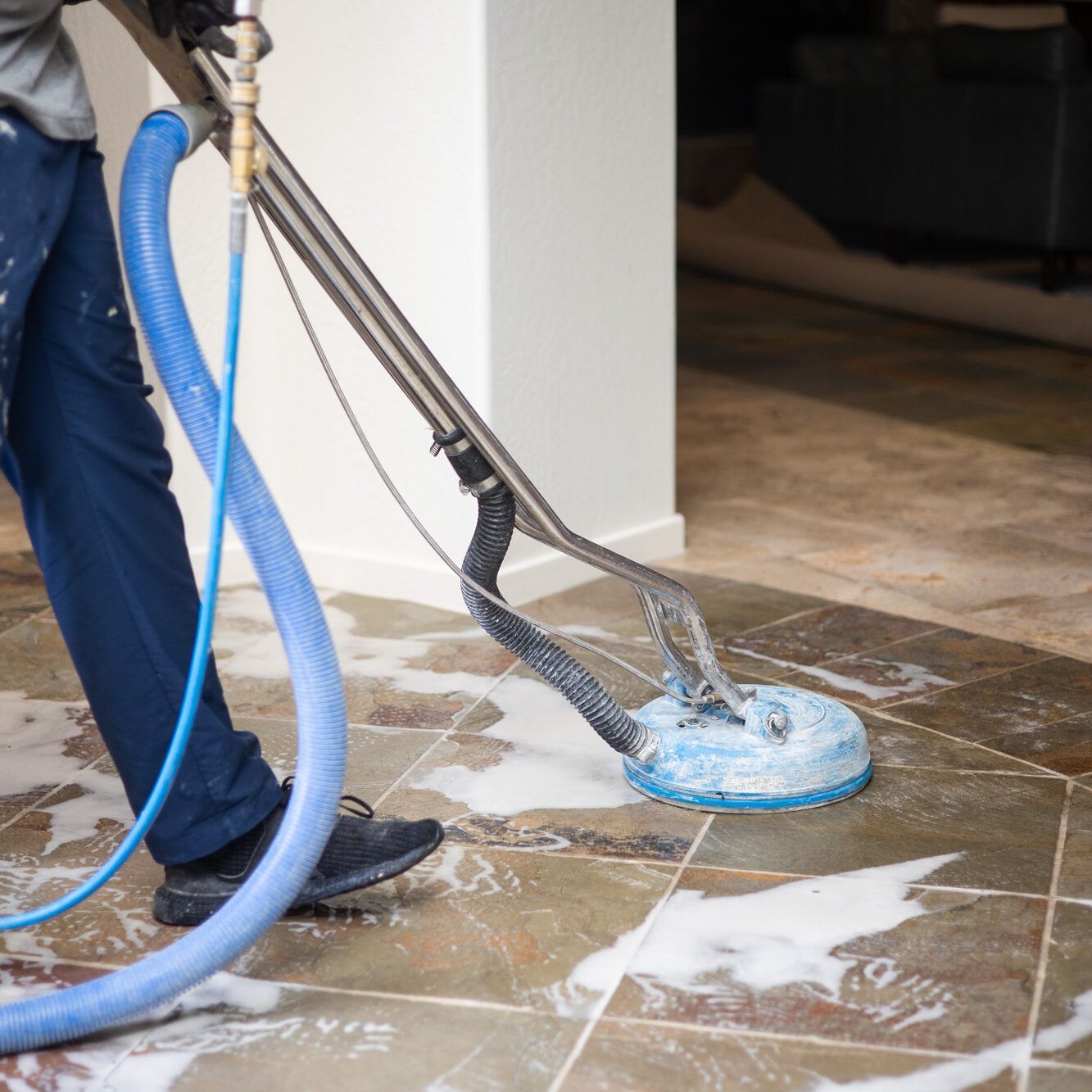
Cost Considerations
Stone flooring prices vary widely. Factors like material, size, and labor affect the total cost. Let's look at key expenses for marble, granite, and travertine in Nashville.
Price Comparison
Marble is often the priciest option. You'll pay about $5 to $15 per square foot for marble tiles. Granite costs less, ranging from $3 to $10 per square foot. Travertine is usually the cheapest, at $2.30 to $9.25 per square foot.
These prices are just for materials. The final cost depends on the stone quality and where you buy it. High-end marble can cost much more than basic granite or travertine.
Remember, bigger tiles often cost less per square foot. But they can be harder to install.
Installation Costs
Labor is a big part of your total cost. In Nashville, you might pay $6 to $12 per square foot to install marble. Granite installation runs about $5 to $10 per square foot.
Travertine installation costs are similar to granite. The price goes up if your floor needs extra prep work.
Some stones are harder to cut and lay than others. This can affect installation time and cost. Marble, being softer, is often easier to work with than granite.
Long-Term Savings
Stone floors can save you money over time. They last for decades with proper care. This means you won't need to replace them as often as other flooring types.
Marble and granite are very durable. They resist wear and stains when sealed. Travertine is softer but still long-lasting if maintained well.
Stone floors can increase your home's value. This is great if you plan to sell in the future. They're also easy to clean, which saves on maintenance costs.
Heating costs might go down with stone floors. They keep rooms cool in summer and can hold heat in winter.
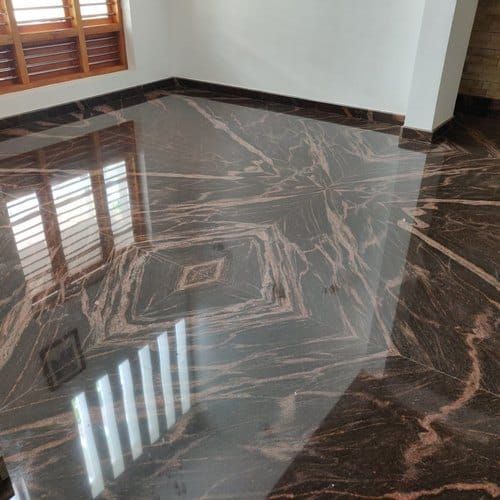
Wrap Up
Stone flooring brings timeless beauty to Nashville homes. You have many options to choose from, including marble, granite, and travertine. Each stone type offers unique qualities to suit different needs and styles.
When picking stone floors, think about:
- Durability
- Maintenance needs
- Look and feel
- Cost
For expert help choosing and installing stone floors, turn to Nashville Flooring Company. Our pros can guide you through the selection process and ensure proper installation.
With stone flooring from a trusted provider, you'll enjoy:
✓ Long-lasting beauty
✓ Increased home value
✓ Easy cleaning
✓ Cool floors in summer
Stone floors can last up to 30 years with proper care. This makes them a great investment for your Nashville home. Reach out to Nashville Flooring Company today to explore your stone flooring options.
